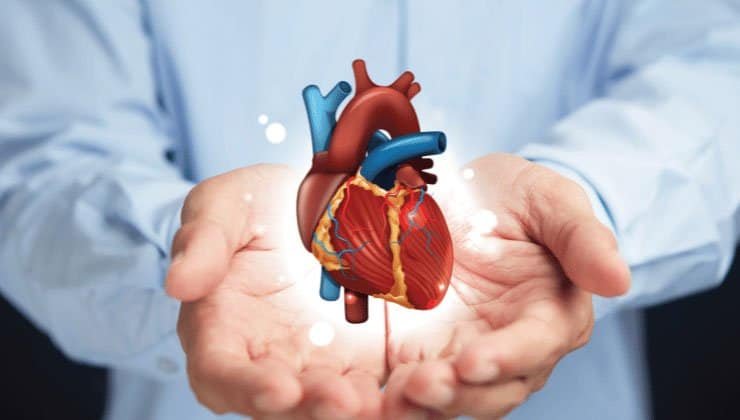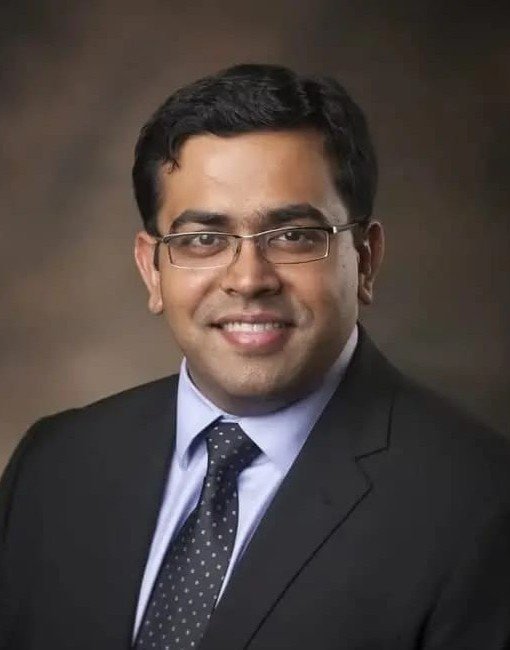Cardiac surgery is a highly advanced and life-saving procedure. Despite significant advancements in surgical techniques, technologies, and recovery processes, many myths and misconceptions still exist about it, which can create fear and prevent people from seeking timely treatment.
Keep reading to debunk some of the most common myths and provide the facts you need to understand cardiac surgery better!
What is Cardiac Surgery?
Cardiac surgeries are surgical procedures that are performed on the heart or major blood vessels. They are used to treat complications of different heart-related conditions, including coronary artery bypass grafting, heart transplant, congenital heart defect repair, and arrhythmia.
It can be done through traditional open-heart surgery or minimally invasive techniques to restore heart function, relieve symptoms, and improve the quality of life.
When Should You Consider Cardiac Surgery?
Cardiovascular diseases are increasing every day due to sedentary lifestyles and genetic factors. Doctors may recommend heart surgery when non-invasive treatments or lifestyle changes are not enough to address certain heart conditions, including coronary artery disease, heart valve disorders, congenital heart defects, or heart-related issues.
It may be necessary if you have severe blockages in the coronary arteries, significant valve damage or ongoing symptoms, including chest pain, shortness of breath, or extreme fatigue.
Your cardiologist may recommend surgery based on several diagnostic tests, including an echocardiogram or angiogram.
10 Common Myths and Facts About Cardiac Surgery
Myth 1: Heart Surgery is Risky
Fact: One of the most common myths about heart surgery is that it is extremely risky. While any surgery may involve a minimal degree of risk, heart surgery today is safer due to modern techniques, advanced equipment, and improved post-operative care.
Also, when the surgery is performed by experienced and well-trained surgeons, it may have a low complication and mortality rate.
Myth 2: Only Elderly People Need Heart Surgery
Fact: Cardiac surgery is not age-specific. Older adults may commonly undergo heart surgeries due to risk factors, including hypertension, diabetes, and high cholesterol. However, young people may also require cardiac procedures depending on genetic factors, lifestyle, and overall health.
So, cardiac surgery is based on the medical needs of the patients and not on their age. Timely diagnosis and treatment are key to successful outcomes.
Myth 3: Doctors Take the Heart Out for the Surgery
Fact: Many believe that the heart is physically removed from the body during heart surgery. However, this is not true. In most cases, including coronary artery bypass grafting or valve replacement, the heart remains in the body throughout the procedure, and the cardiac surgery is done through an incision made in the chest.
During certain surgeries, the heart may be temporarily stopped, and a heart-lung machine may be used to circulate blood and oxygen throughout the body. The removal of the heart from the body happens only in a heart transplant, which is a rare procedure.
Myth 4: Heart Surgery Will Cure Heart Disease Permanently
Fact: Heart surgery may help in addressing specific problems within the heart and may not eliminate the underlying causes, including high blood pressure, high cholesterol or poor lifestyle habits.
It requires ongoing lifestyle adjustments, medications, and regular check-ups for managing heart health long-term. Without the proper long-term care, the disease may progress, and new issues may arise. So, heart surgery is effective when combined with lifestyle changes.
Myth 5: You Can Not Lead a Normal Life After Heart Surgery
Fact: Many people believe that heart surgery means giving up an active lifestyle. However, many people may resume normal activities, including work, travel, exercise, and hobbies, with proper recovery, medical guidance, and participation in a cardiac rehabilitation program. Often, they enjoy a more active lifestyle due to improved heart function and better overall heart health.
Myth 6: Recovery After Heart Surgery Takes Months
Fact: The recovery time after heart surgery may vary depending on the type of procedure, the patient’s age, overall health and other factors. Many patients may be able to resume activities within 6-8 weeks following the surgery with proper post-operative care and regular medical follow-ups.
Patients with minimally invasive procedures may take a shorter period to recover. Participation in a cardiac rehabilitation program may speed up healing and help patients regain strength.
Myth 7: Heart Surgery May Cause Stroke or Affect Brain Functioning
Fact: Like any surgery, cardiac surgeries also carry a small risk of stroke or neurological complications in complex cases. But, surgeries are often performed today with minimal risks or complications due to advancements in medical technology.
Surgeons follow strict protocols to protect brain function during surgery, and most patients recover fully without any long-term cognitive problems. In contrast, patients suffering from major disorders may have a heart stroke or brain problems if the surgery is delayed or avoided.
Myth 8: Cardiac Surgeries Are Limited for Men
Fact: Heart disease is also a leading cause of death among women worldwide. Women also may develop the same heart conditions as men, including blocked arteries, valve disorders, or arrhythmias that may require surgical treatment. However, they are often diagnosed later or overlooked.
So, cardiac surgery is not gender-specific but is also a commonly preferred treatment option for women. Both men and women benefit from appropriate heart surgery to treat serious heart conditions.
Myth 9: All Heart Surgeries Are Open-Heart Surgeries
Fact: Not all heart surgeries are open-heart surgeries and require opening the chest or stopping the heart. Traditional open-heart surgery involves a large incision and a heart-lung machine.
There are many minimally invasive procedures, including robotic or keyhole surgeries, that do not require the opening of the chest cavity. These methods often result in faster recovery times, less pain, and a lower risk of complications.
However, the choice of surgery depends on the specific heart condition, overall health, and the expertise of the surgical team.
Myth 10: Cardiac Surgery is Always an Emergency Intervention
Fact: Cardiac surgery can be performed in an emergency, like during a heart attack or acute aortic dissection. However, the majority of the heart surgeries are scheduled surgeries that are aimed at helping prevent serious complications and enhancing long-term heart health. Regular heart check-ups are required to identify potential issues early.
Why Heart360 Care is the Best Choice for Cardiac Surgery?
Heart360 Care in Chennai is a global leader in cardiac care, offering world-class, comprehensive, state-of-the-art facilities for cardiac surgeries worldwide.
Here are the reasons why Heart360 Care is the top choice for cardiac surgery:
- Comprehensive, patient-centred care
- Team of skilled and experienced cardiac specialists
- Over 400 TAVR/TAVI incisionless valve replacements
- 250+ robotic surgeries
- Over 3000 Experienced cardiac surgeries
- Patient-centered approach
- Easily Accessible location
If you are considering heart surgery, Heart360 Care may be the best destination due to its world-class infrastructure, highly experienced surgical team, and proven track record of outcomes. If you have any queries regarding heart surgeries, feel free to book a consultation with Heart360 Care for more information!
Conclusion
Heart surgery is safer, more effective, and less invasive with advancements in medical technology, skilled surgical teams, and personalized care. Understanding the facts and mythe helps patients to make informed decisions and take steps towards understanding heart health.
Frequently Asked Questions
If you experience severe chest pain, difficulty in breathing, extreme fatigue, irregular heartbeat, dizziness, and swelling in the legs, ankles, or abdomen, you may consult a cardiologist for proper diagnosis and treatment planning. Valve problems, blocked artery, or heart failure may require heart surgery.
You may not exercise immediately after heart surgery, but you may resume exercise slowly after heart surgery. Regular physical activity is encouraged as a part of recovery. You may consult a healthcare provider before starting exercise after heart surgery and start slowly to avoid overexertion.
Minimally invasive and robotic-assisted surgeries are done with smaller incisions. They reduce scarring significantly due to smaller incisions, depending on the type of procedure.
References
https://www.ncbi.nlm.nih.gov/books/NBK532935
https://www.hopkinsmedicine.org/health/treatment-tests-and-therapies/cardiovascular-surgery
https://www.ncbi.nlm.nih.gov/books/NBK532935
https://pubmed.ncbi.nlm.nih.gov/30422530
https://my.clevelandclinic.org/health/articles/21815-cardiac-surgeon









